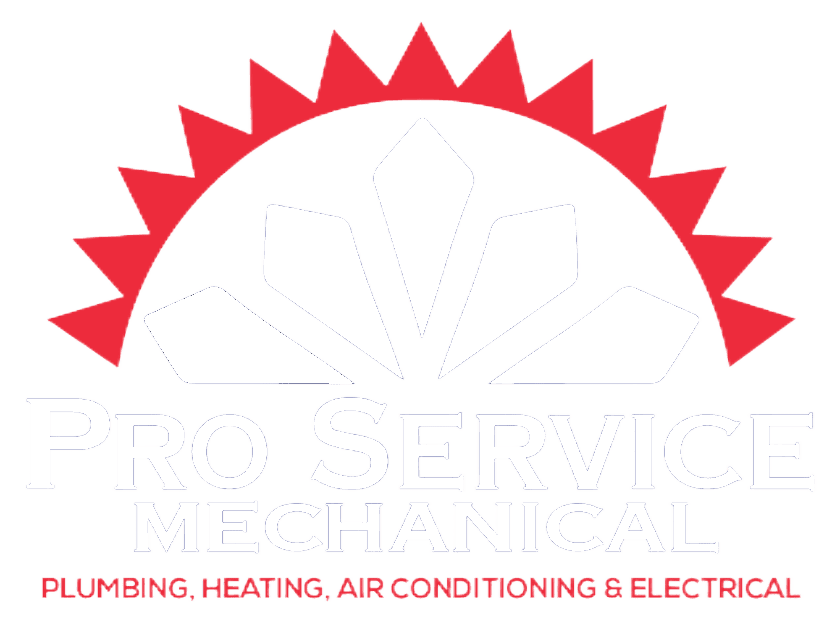FAQs
Poor air circulation
A malfunctioning compressor
A faulty thermostat
Electrical and wiring issues
A blocked condensate drain
THE AC CYCLES OFTEN OR RUNS CONTINUOUSLY: This probably means your AC is either too large or too small for your home. Frequent cycling or continuous running creates a strain on your system and increases your energy consumption.
HOT AND COLD SPOTS: A properly sized cooling system will deliver even cooling throughout your home. If the unit is too large or too small, the air won’t circulate properly to the further reaches.
THE HOME IS HUMID: Your AC cools your home and also dehumidifies the air naturally. If you have an improperly sized system, it can’t dehumidify properly, leaving your home feeling uncomfortable, sticky, and stuffy.
Business Skills.
Flexibility in placement
Easy installation
Improved heating and cooling
Better energy efficiency
No need to install ductwork
Disadvantages:
Flexibility in placement
Improper placement or installation can cause short cycling
The presence of the air handler in the house can be aesthetically unappealing
Installing a mini-split costs more than a traditional split system
Budget/cost
Energy efficiency
Zoning
Air quality
Additional features
Cooling capacity
Warranties
Noise level
Installation and maintenance

